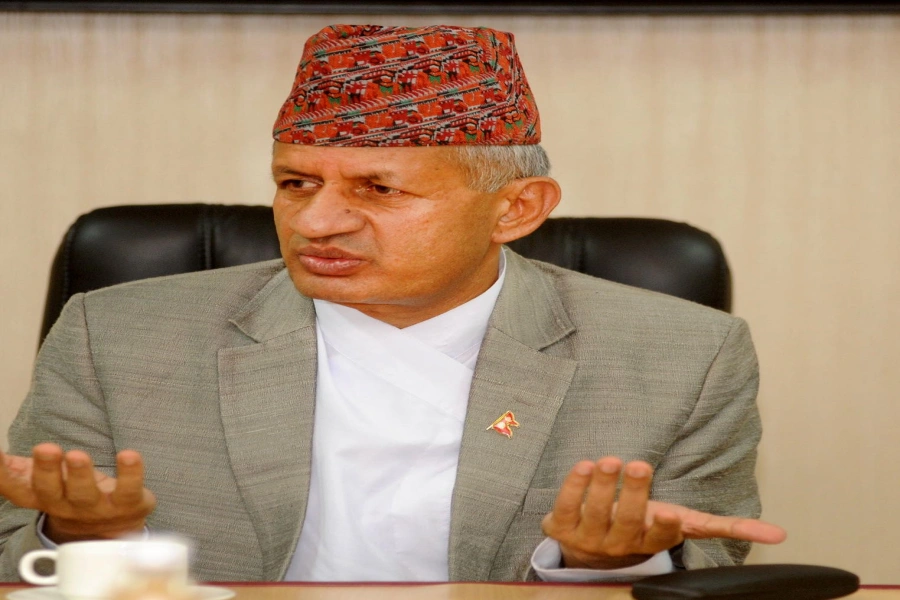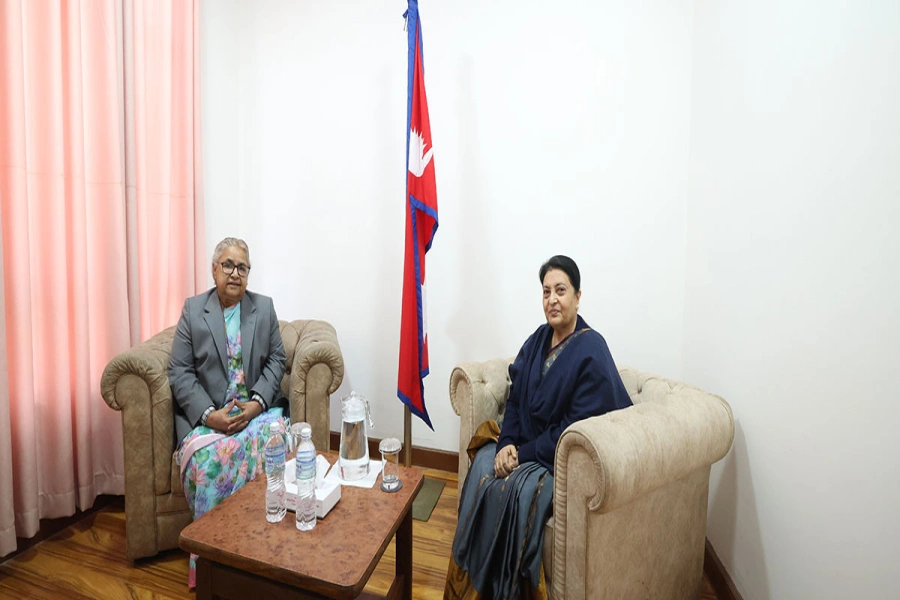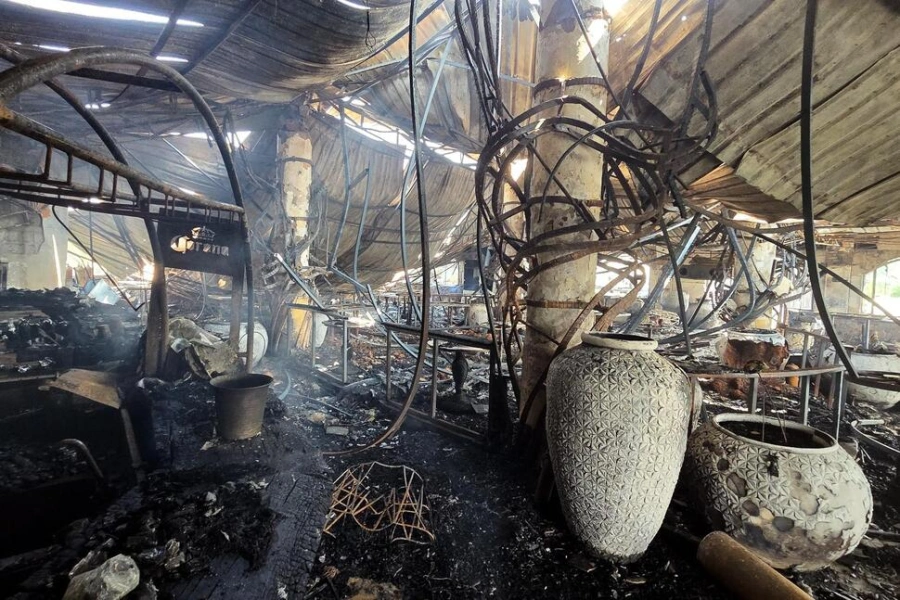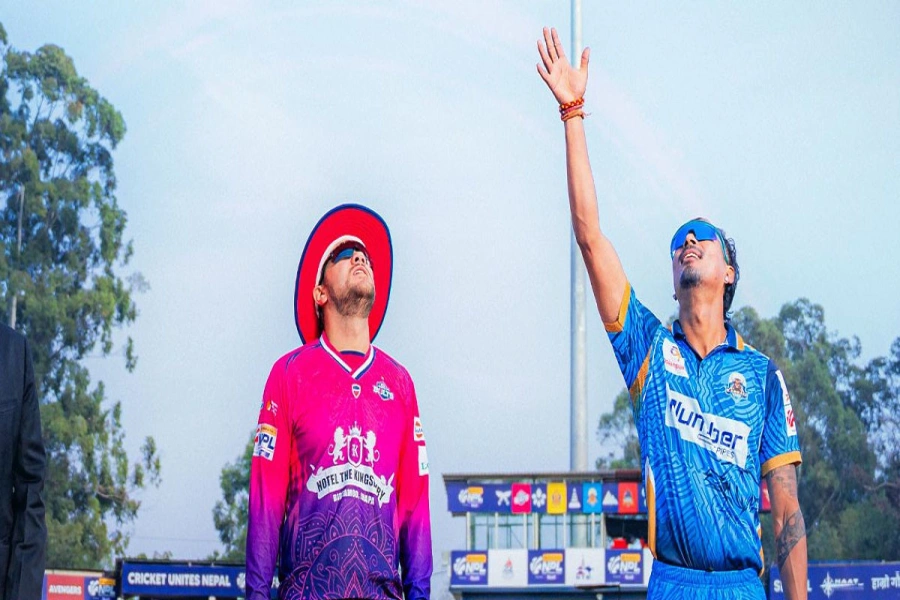Morality in politics is akin to a fine tapestry interlaced with ideals, pragmatism, and often hypocrisy – think of a beautiful quilt that got a few too many patches of questionable origin. At its heart, morality functions as an ethical compass, guiding people through their decisions and helping mold laws and social standards. But politically, it is a compass that might well grow rather distorted, the needle pointing at any exit other than to the moral north! In this part of the world, politicians start off their careers eloquently waxing poetic about high moral ideals which they later drop like a sack of hot potatoes the minute they face the concrete realities of power. It is the tension between personal integrity and political survival that often creates a moral paradox, where doing the right thing is the exception rather than the rule.
Morality in a political landscape which politicians have to wade through is sometimes used as a shield and sometimes as a sword. They might even use moral arguments against their adversaries to justify their actions, while for them the true morality test - not in rhetoric but in its practice - lies elsewhere, for it is easy to preach standing on a nicely cushioned pulpit! This kind of dichotomy between public persona and private behavior always brings up questions of authenticity and accountability. The challenge remains in the face of many decisions that have to be made affecting so many lives: Can true morality coexist with the ambitions of political life, or does the pursuit of power inevitably compromise ethical standards? The question, ultimately, is where morality and politics meet, which begs further introspection into the values upheld in society and integrity therein on behalf of those entrusted to lead us - or, as we often ask ourselves, do they trust us to be gullible enough to buy their rhetoric?
It is also common to hear the question of "morality" in the governance and political arena of Nepal. Whenever any serious investigation issue comes up in parliament, a certain sense of morality displays itself, though it very often looks like stage drama. During the parliamentary obstructions, some prime ministers or ministers are overcome by this sense of morality and finally lose their positions, though not before giving a dramatic performance!
But, with the hard-nosed, tough characters, they would dissolve parliament rather than resign - like a kid back in Nepal (and also India) in the 1980s flipping the Byapari board when losing (Byapari was a business dice board game which the kids born in the 1970s and 1980s in the Indian subcontinent enjoyed. Its international version would be the Monopoly game). The present Prime Minister KP Oli has done that twice! In both instances, the 'sovereign' parliament was reinstated through the verdicts of the Supreme Court, and that is politics: the game never ends, just the players change. Nepali politicians often sit in power, preaching morality to the rest of the world, while becoming increasingly dictatorial in the guise of democracy. In such situations, impressive steps are called for in order to impart on them lessons on morality - from the streets to the halls of legislation - perhaps a little more clearly than during the last round of elections!
Afghan morality law

Indeed, there have been prime ministers in this country who showed morality even when the Singha Durbar was in flames. For instance, when a fire broke out in Singha Durbar on the night of July 9, 1973, the then prime minister Kirti Nidhi Bista took moral responsibility and resigned four days later. His resignation was purely on a voluntary basis and without any external pressure - which is unlike today when resignations appear to be no different than a game of musical chairs!
Similarly, in July 1985, the then transport minister Harishchandra Mahat resigned on a matter of principle after a contract awarded to a citizen of the northern neighbor was strong-armed out of existence by the southern neighbor, no doubt rendering for some very awkward diplomatic dinners! Similarly, following an unfortunate accident, the then minister Keshar Bahadur Bista also quit based on moral accountability on May 20, 1988. Likewise, after the controversial Secretary Lokman Singh Karki was forcefully deployed to his ministry, the then Nepali Congress leader Baldev Sharma, too, quit as Water Resources Minister in 2001, showing morality in governance that feels more and more like a relic of a bygone age.
Likewise, within 24 hours of the 700 million rupee commission tape scandal becoming public, the then communication minister Gokul Prasad Baskota resigned on moral grounds to facilitate the investigation. However, the investigating body, the Commission for the Investigation of Abuse of Authority, ended up going into a state of dormancy, leading to conclusions that were quite distant.
When, in the last week of December 2023, two youths were killed in police firing in Balkumari, the then minister for physical infrastructure and transport, Prakash Jwala, was seen as responsible. Calls for him to show morality reverberated everywhere while Jwala seemed unruffled, perhaps thinking over a new definition for "moral courage." The then opposition leader KP Sharma Oli said, "The minister has no idea about morality; he does not resign. The prime minister does not have the courage to sack him, either"—a classic political endorsement which says volumes by its silence.
These cases speak volumes about the sense of morality of the so-called old politicians and their parties. As far as morality and ethics are concerned, even the new generation of politicians has failed miserably. In fact, morality in Nepali politics takes on a different meaning inside and outside the power circle, much like how a chameleon changes color! Former home minister Rabi Lamichhane, who is said to be involved in a scandal related to a cooperative, has yet to show any moral stance - in spite of the fact that he knew he might face conflicts of interest and controversy when he took on the home ministry. But he insisted on the home ministry — perhaps believing that some positions come with immunity to scrutiny!
The then opposition, the Nepali Congress, vociferously demanded the resignation of Lamichhane inside parliament and even obstructed sessions. But Lamichhane simply refused to budge from his position of not resigning, holding on like a seasoned politician with an immaculate poker face! Then, a parliamentary committee formed to probe the embezzlement of cooperative funds found Lamichhane guilty - an outcome that no doubt asked whether what defines morality and justice are two sides of the same coin or have become lost in a game of political roulette. It is worth noting here that Lamichhane did not resign from the post of home minister even after the formation of the parliamentary committee. Until he was finally removed when the 'foes' NC and the UML turned 'friends' and formed a 'national consensus government' in early July 2024, Lamichhane's public defense came from not only himself but also the ruling parties and leaders themselves.
The decaying sense of morality and political ethics in Nepal is also reflected in the fact that Nepali political parties have formed pre-poll and post-poll alliances without any regard for each other’s principles and beliefs. This has led to situations where a pre-poll alliance was formed between the Nepali Congress and the CPN (Maoist Center) — two parties that are fundamentally different and poles apart in their political principles, beliefs, and ideologies. Consequently, it is possible to win elections with the support of one party while forming the government with the backing of another, completely disregarding the poll partner! This environment also allows political parties and politicians to change alliances every few months; the current coalition government itself is a product of political maneuvering rather than ethical politics.
That is perhaps why it is often said, “Anything is possible in Nepali politics!” This phrase is not praise but rather a sharp criticism. The dearth of morality and ethics in Nepali politics has given rise to astonishing nicknames for politicians; you don’t need to mention their real names — just their nicknames are sufficient! For example, if you say “Goat,” people will know which politician you are referring to! Similarly, “Forget yesterday,” “70 crores,” “Baa,” “Bhauju,” “Dewar,” “Naani ka Baa,” “Bhaaru Ram,” “mouse,” and “snake” are some other nicknames for politicians. Everyone knows who these nicknames denote. Sadly, all these seemingly innocent nicknames refer to not-so-innocent politicians who earned them due to their immoral and unethical deeds.






































